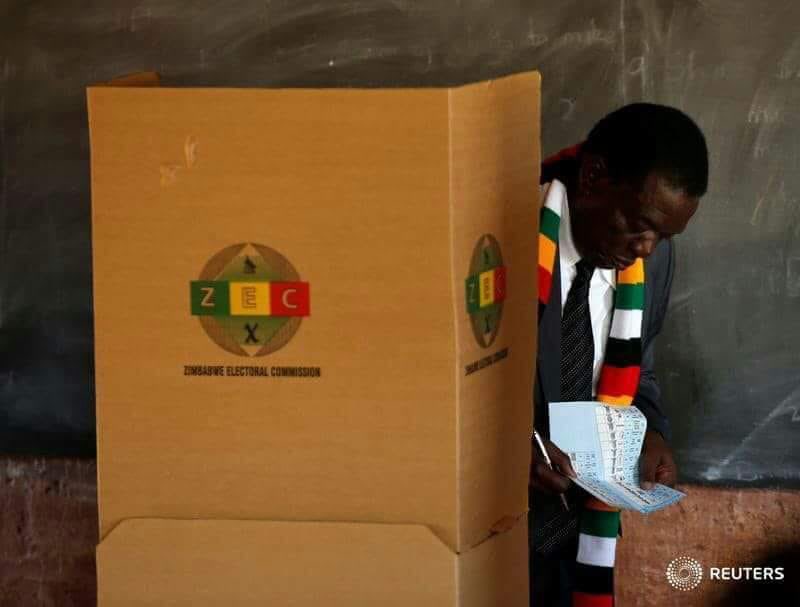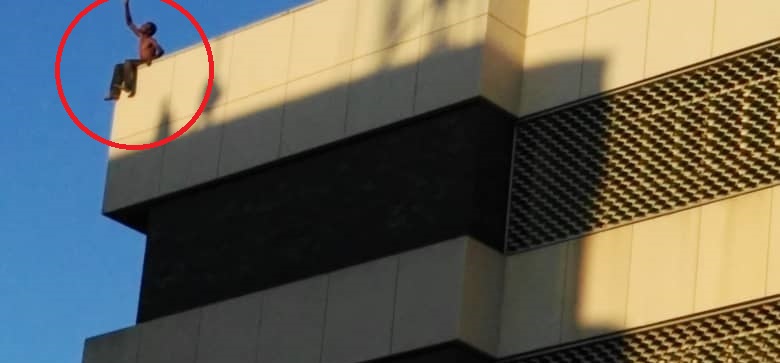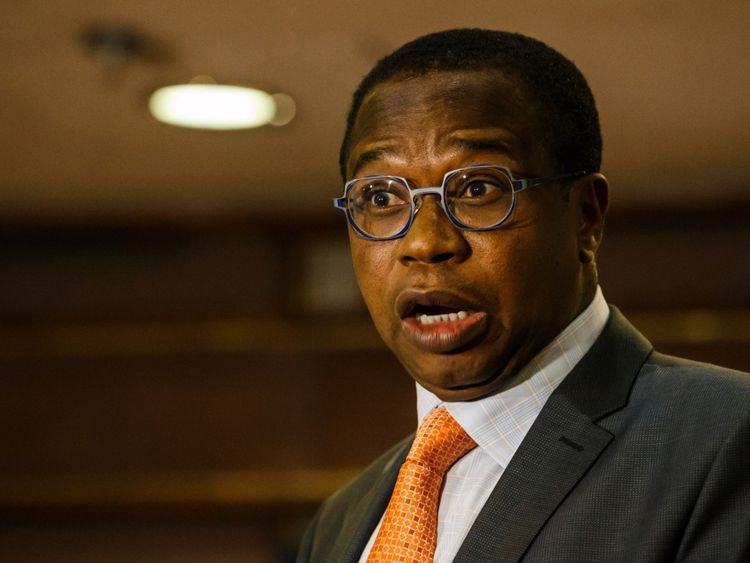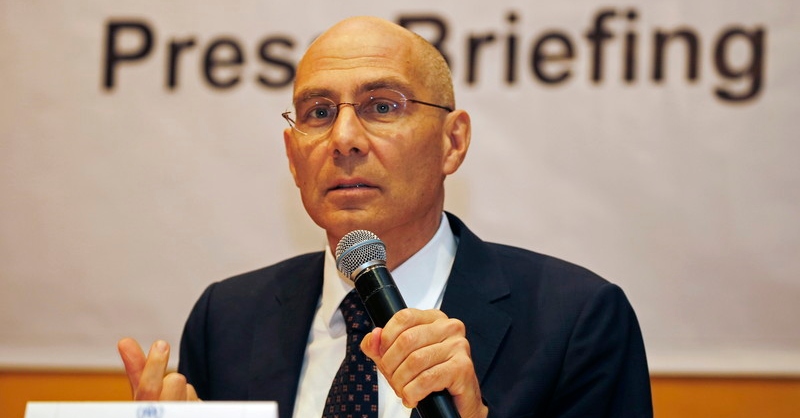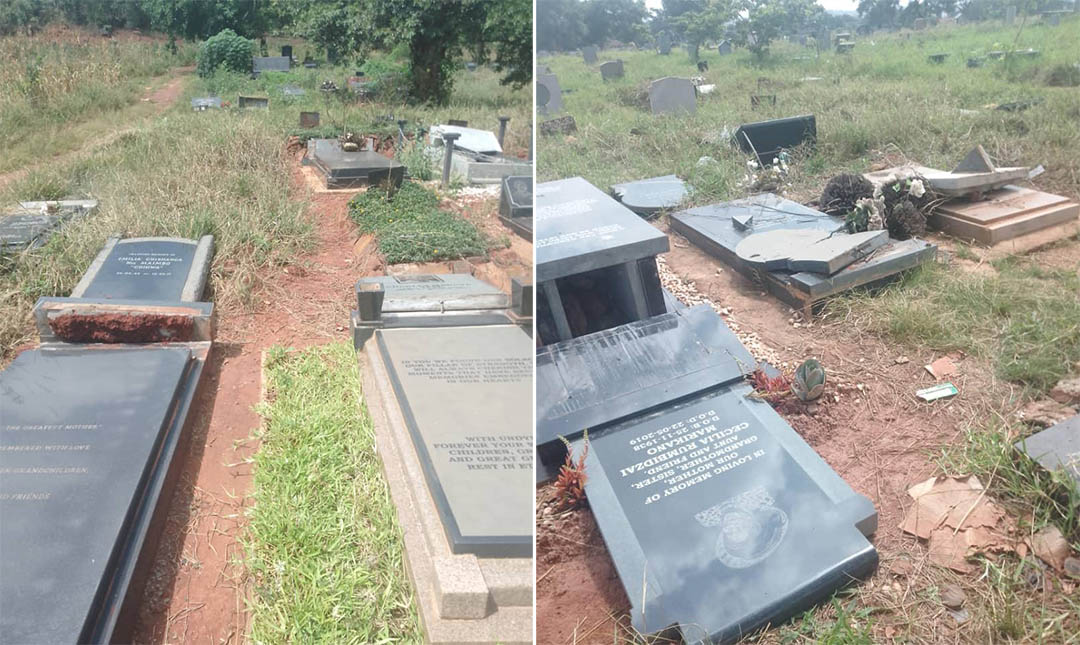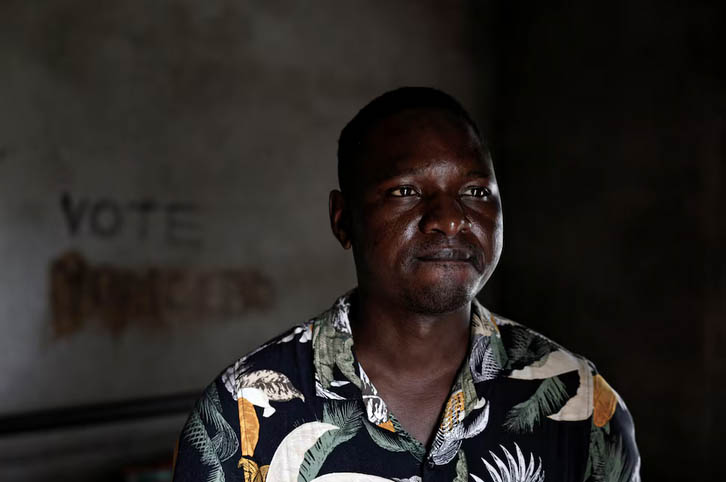Political analyst Gideon Chitanga reacts to Emmerson Mnangagwa’s confirmation as winner of the July 30 Presidential Election by the Constitutional Court on Friday (Drawn from his interview with eNCA News):
I am not really surprised for two reasons. First is the fact that the threshold for evidence required to overturn an election in any country, particularly in the context of Zimbabwe would be so huge. And second, given all the challenges that the MDC as a party was facing, like lack of resources and other technical and strategic issues, this was going to be a huge insurmountable for the party.
If you look at the judiciary system in Zimbabwe, it’s a partisan bench largely. Even if there was a very small modicum of goodwill, to exploit that the MDC would have required impeccable and indisputable evidence so that the sympathetic judges if there are any, would say surely we have enough evidence to delegitimise the election.
The Chief Justice referred to the need for primary evidence. If the MDC had managed to collect a lot of primary evidence in the form of V11s and presented this in court, this would have been a valid excuse to say we have enough primary evidence, perhaps that would have moved some on the bench.
I would agree that the MDC should have done more given that it is a party that had a lot of lawyers, but they were pressed for time, pressed for resources and they were dealing with such a shocking loss that this was very close. I would not want to hazard a guess what it is, but there is surely a lot the party could have done, even in terms of collecting the V11 forms which are the primary evidence.
The experience of the 2008 elections which were disputed should have been a learning, starting point for the MDC. As a party this is not a new situation for them, history has judged the party harshly. Maybe we can say there is a new candidate (Nelson Chamisa), but there is a lot the party could have benefited by looking at those who were involved in 2008 and even in 2002. Those lessons could have helped in setting up a strong case in terms of finding loopholes within the judiciary system and maybe strategising around the way they would approach their cases.
So, they will have to deal with the results and they will have to explain these results to the party supporters.
I would wish that Mnangagwa does not overplay his advantage in terms of having a majority in Parliament but understand that what he has won today is legality and not necessarily legitimacy. Legitimacy is more important than legality, particularly for authoritarian regimes that are alleged or suspected to have stolen elections. His democratic credentials are going to be tested again. His sense of nationhood for everybody and inclusivity will be judged, as that will give indications in terms of how he is going to govern.
Zimbabweans would want to feel safe in terms of just being citizens in their country where they can express themselves freely. The international community and investors would want to feel happy to invest their money, we have to remember Zimbabwe is a country facing serious financial and economic problems. All these require legitimacy more than legality.
The Zanu PF leadership, if it is serious, would be asking itself questions about how to move the country forward post Mugabe following an election that did not necessarily resolve the long-term crisis and which in other ways has actually deepened and exposed the new regime which is coming into power.
Instead of using Parliament and other centres of power to target his opponents, Mnangagwa should be looking at dialogue, broad-based dialogue that addresses the multiple challenges Zimbabwe is facing right now.
Has MDC’s moment passed?
I don’t think it has passed. In my view Zimbabwe is a two-party system. The MDC may not have necessarily achieved change in terms of removing Zanu PF from power, but it has achieved a lot in transforming Zimbabwe into a democratic country in terms of a possible alternative that can form a government.
The MDC is going through its own transition, we saw how the succession played out after the death of its founding president Morgan Tsvangirai on February 14. The MDC leadership must re-invent itself, not necessarily replacing one leader with another, it can mean changing leaders or redeploying those who are there or looking at the party as an institution. There are a lot of things that have changed, even Zanu PF has changed. The MDC has to readjust. The global, regional and continental outlook has changed and MDC needs to consider that.
Internally, the MDC right now is very much divided and the campaign towards the elections sort of covered up the cracks. One thing that should immediately happen is for its national leadership to sit down, find each other and have a kind of consensus and trajectory going forward and agree on how they are going to relate to Zanu PF and the government, now that the constitutional case is over.
I think the MDC as a party has a really important role to play in what happens going forward. A lot of Zimbabwe’s younger generation belong to the MDC. If you look at the votes that Chamisa got, it shows you that it’s a party that is very much alive but it must improve its internal democratic systems to create enough space to accommodate different views. It must be way ahead of Zanu PF in terms of promoting internal debate.
The intentions to open up the economy are very genuine, but Zanu PF leaders must understand that you can’t say you are open for business without addressing the fundamentals. Mnangagwa needs to go to the basics, and that means understanding the problems in Zimbabwe, it’s a country with unique problems where the economic challenges are part of a broader political crisis. You can’t deal with one without addressing the other.
To be able to deal with all the challenges the country is facing in a holistic way, he would have to be magnanimous and engage not only the MDC but different sections of society in their ethnic form; in their passive political form and in other forms. He must talk to business; talk to those people who don’t necessarily identify with the MDC or Zanu PF; he must create dialogue that can deal with Gukurahundi and all the country’s atrocious past.
Internally, Zanu PF must be seen to be dealing seriously with the residue of Mugabeism, that is if those who are leading the country today claim as they do that they are not part of the past system, they must be seen to be dismantling the systems of oppression to say they are now moving the Zimbabwean society in a collective way to a more democratic economic and political dispensation.
